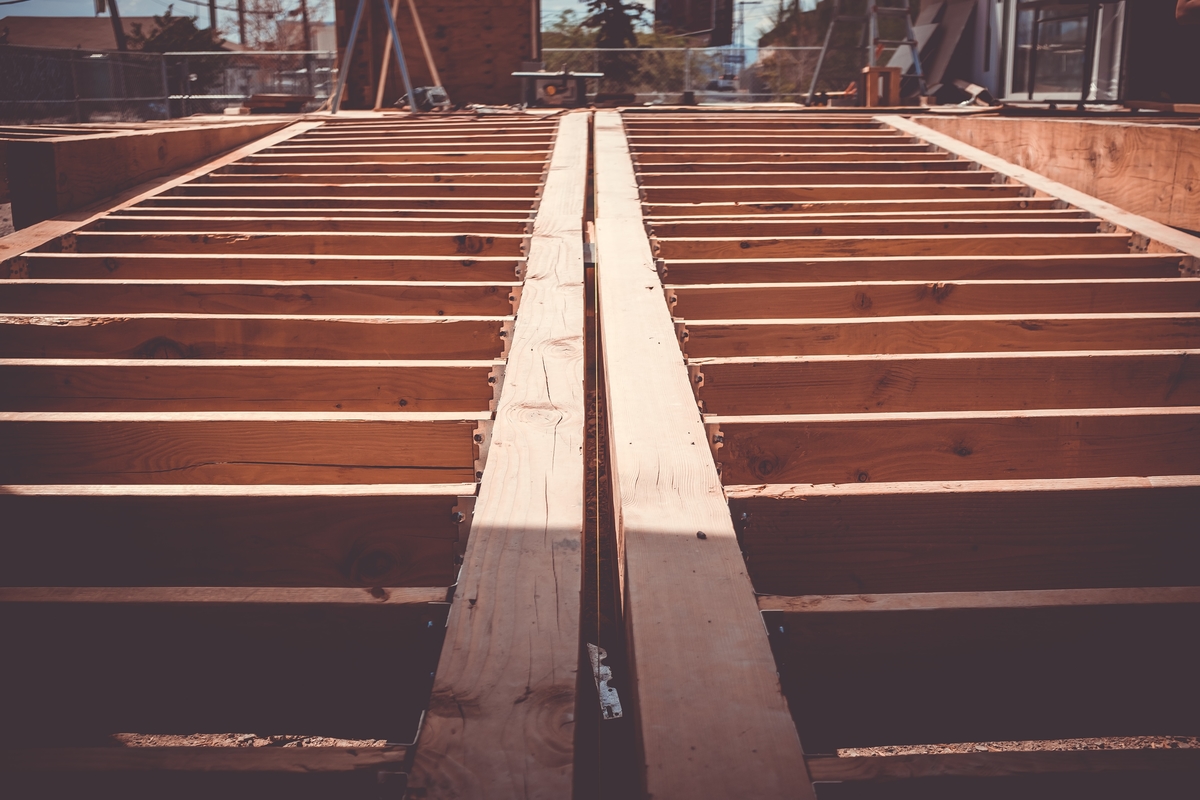Single-Family Housing Starts Hold Firm in September

Due to a decline in multifamily housing starts, total housing starts fell 9.4% in September to a seasonally adjusted annual rate of 1.26 million units, according to a report from the U.S. Housing and Urban Development and Commerce Department.
The September reading of 1.26 million starts is the number of housing units builders would begin if they kept this pace for the next 12 months. Within this overall number, single-family starts increased 0.3% to 918,000 units. The multifamily sector, which includes apartment buildings and condos, fell 28.2% to a 338,000 pace.
“Single-family builders continue to see positive conditions for housing and this is reflected in NAHB’s Housing Market Index, which measures builder sentiment,” said NAHB Chairman Greg Ugalde. “However, builders are still being somewhat cautious as they continue to deal with supply-side challenges which impact housing affordability.”
“Multifamily housing starts fell from an unsustainably high level in August and are running at a solid pace despite the sharp monthly decline,” said NAHB Chief Economist Robert Dietz. “Meanwhile, the rebound for single-family construction continues. Single-family permits have increased since April, and single-family starts have posted gains since May. In another positive development, September marked the first monthly increase for the number of single-family homes currently under construction since January.”
On a regional and year-to-date basis, combined single-family and multifamily starts in September rose 6% in the South. Starts declined 0.6% in the Northeast, 6.2% in the Midwest and 12.2% in the West.
Overall permits, which are a harbinger of future housing production, fell 2.7% to a 1.39 million unit annualized rate in September. Single-family permits increased 0.8% to a 882,000 rate while multifamily permits declined 8.2% to a 505,000 pace.
Looking at regional permit data on a year-to-date basis, permits rose 8.1% in the Northeast and 3.4% in the South. Permits fell 4.9% in the Midwest and 3.5% in the West.
